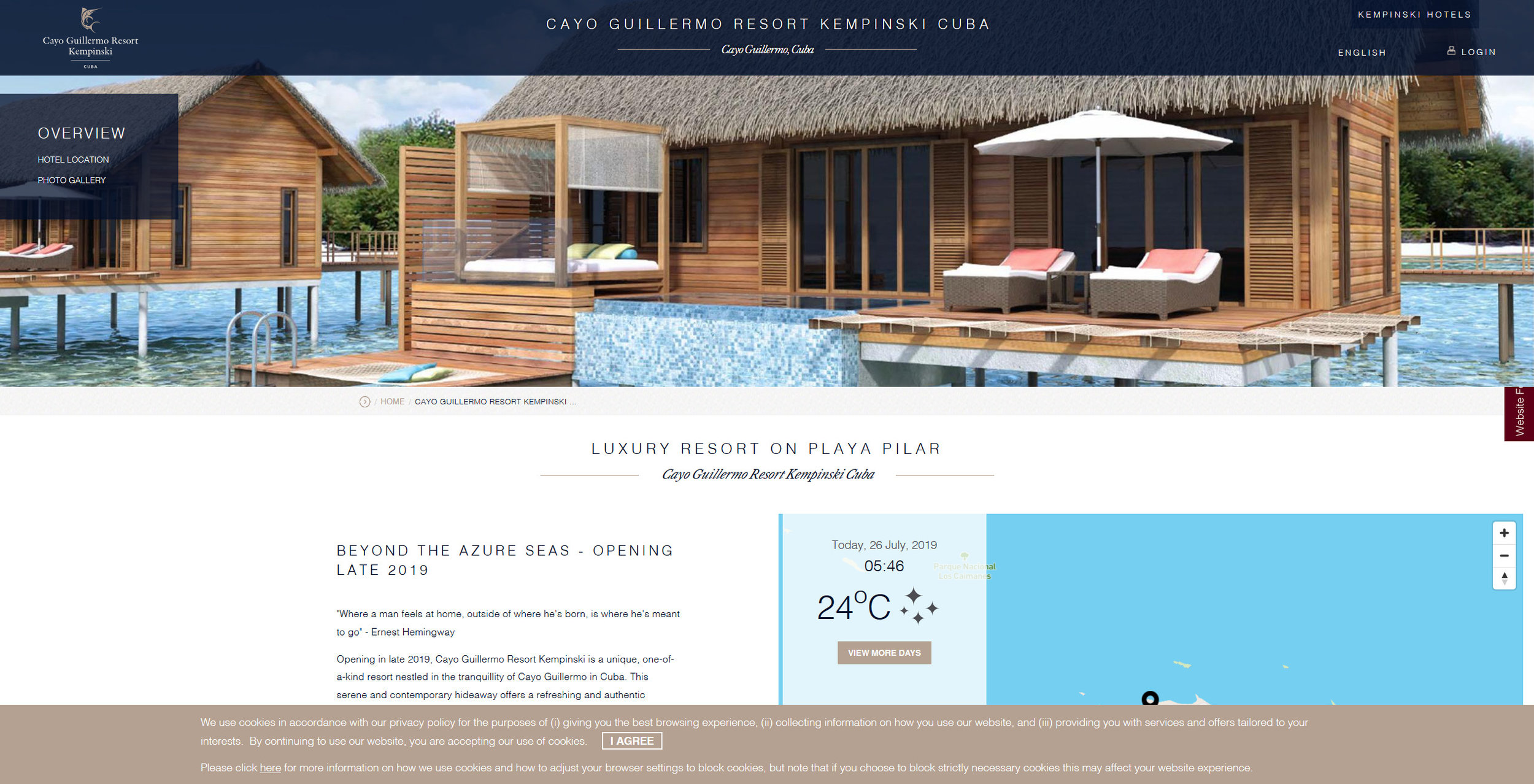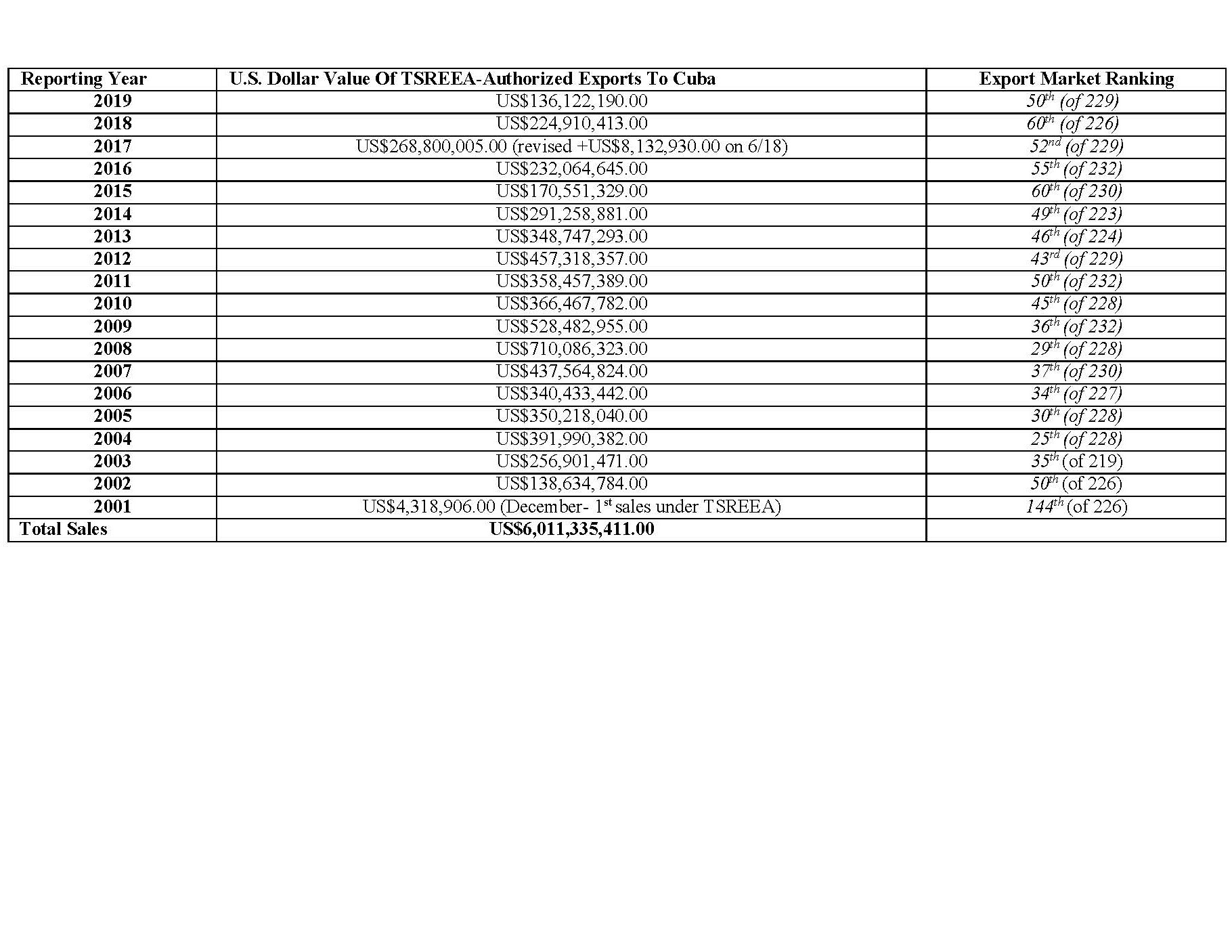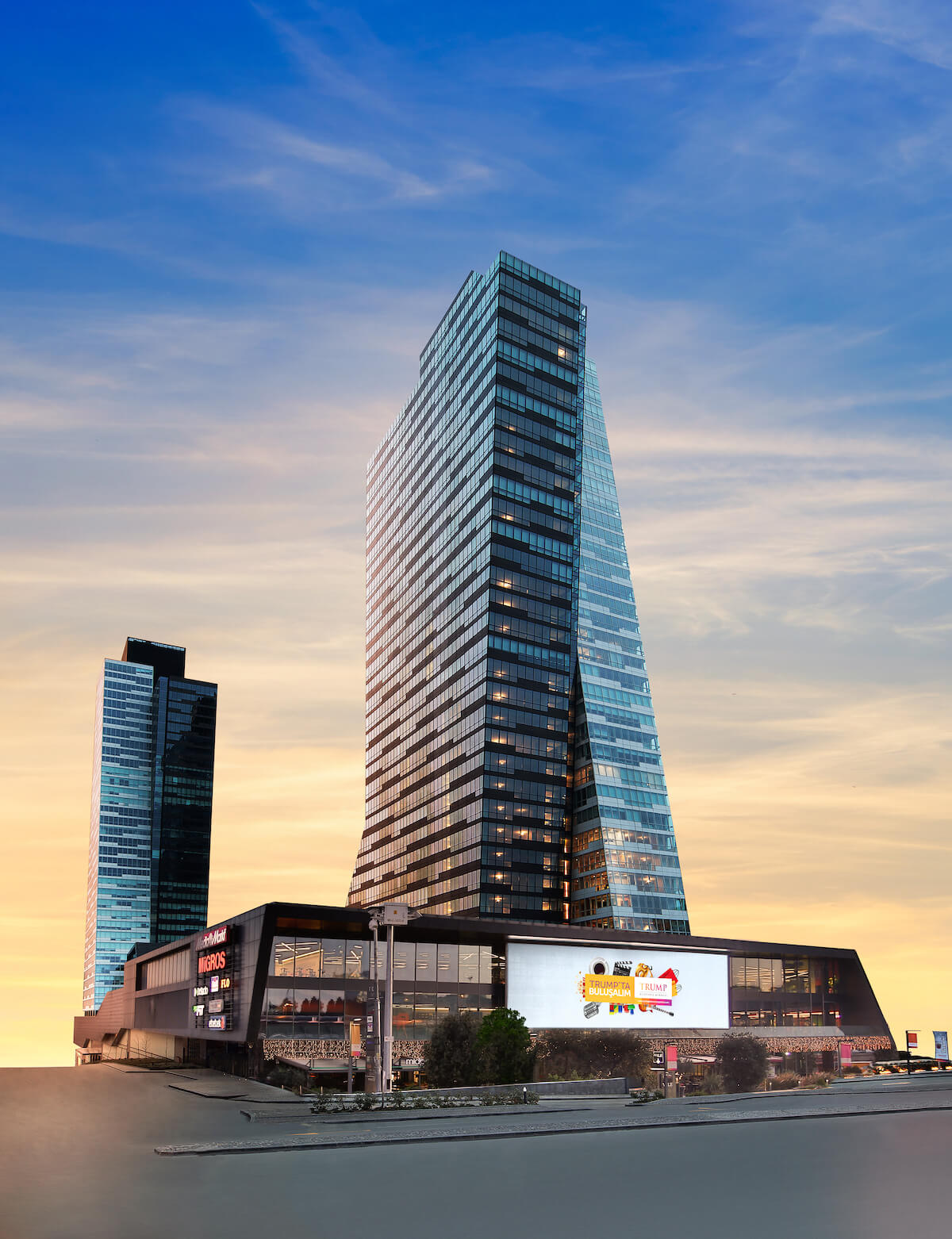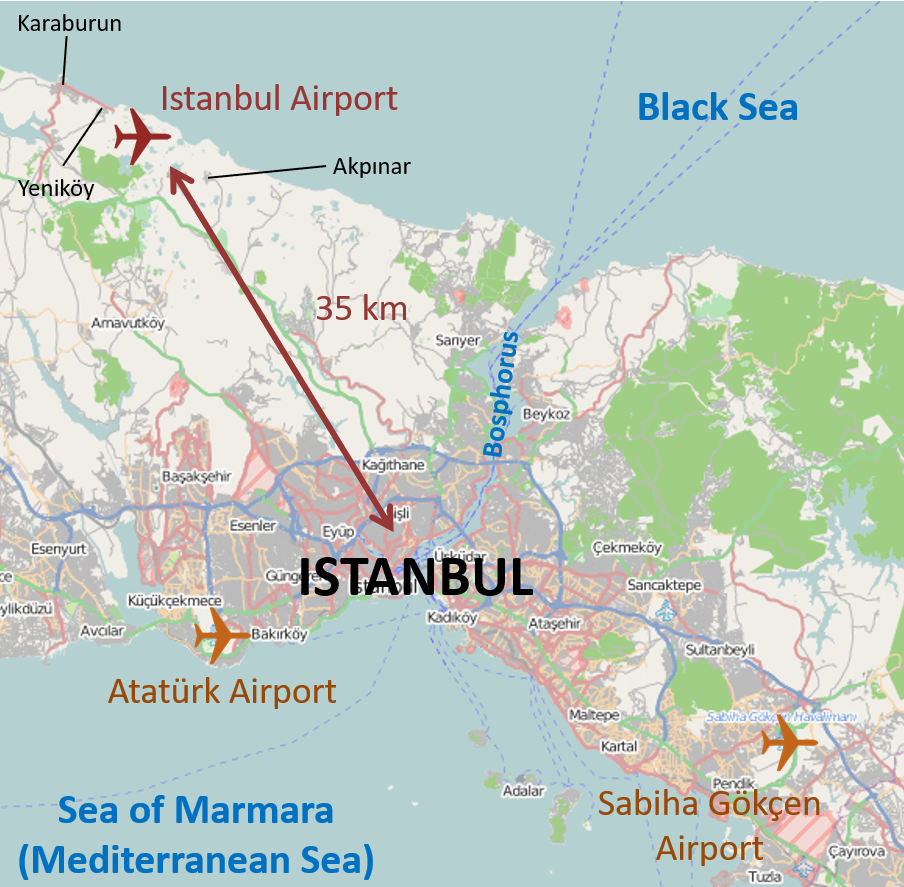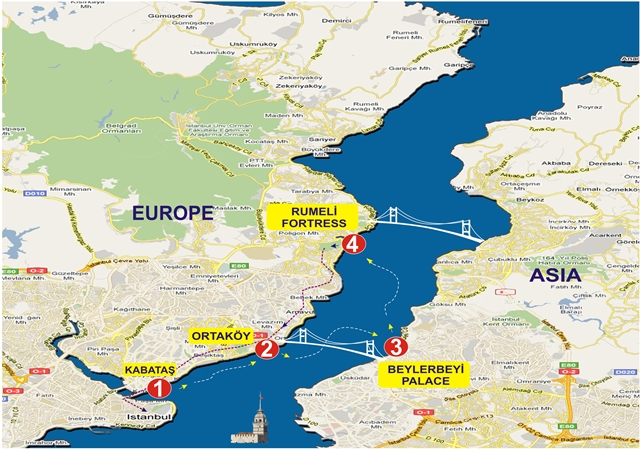First Arguments In Carnival Corporation Libertad Lawsuit Don't Bode Well For Dismissal; Judge Has Long History With Cuba Cases
/Helms-Burton Suit Against Carnival May Float Despite Holes
By Nathan Hale
Law360, Miami (July 31, 2019, 6:40 PM EDT) -- A Florida federal judge indicated Wednesday that he will deny Carnival's bid to dismiss a lawsuit seeking damages under the Helms-Burton Act over its use of Cuban port facilities that were confiscated by the Castro regime, but counsel for the cruise line said they still see several deficiencies in the claims.
At a hearing in Miami, senior U.S. District Judge James Lawrence King said he was prepared to make a tentative ruling that, viewing the pleaded facts as true, plaintiff Javier Garcia-Bengochea has made a sufficient claim to an ownership interest in the La Maritima and Terminal Naviera docks in Santiago de Cuba.
The judge reserved the right to change his mind in his final order; however, he also suggested several times that Carnival's arguments for dismissal ask him to make findings that he is not prepared to make at this stage of the case.
"It seems to me that it's taking the court beyond perhaps where it should be at this point," the judge said, adding that he has always viewed the "guiding star" when deciding a motion to dismiss is "facts well pled."
After the hearing, George J. Fowler III of Jones Walker LLP, who is representing Carnival Corp. and was involved in the drafting of Helms-Burton, said he thinks Judge King is inclined to rule against the company at this stage but said that gaps in Garcia-Bengochea's pleadings about the basis for his ownership claim could portend problems for his case down the road.
"It may not be reflected in this first decision," said Fowler, who characterized the judge's comments as, "He said, 'I'm not going to dot all the I's and cross all the T's at this point.'"
Counsel for both sides noted the first impression issues presented by the case, which was filed May 2, the first day a policy shift by the Trump administration allowed Title III of the 1996 Helms-Burton Act to take effect, allowing U.S. nationals to bring litigation over property seized by Fidel Castro's communist government. Carnival also faces a similar suit over its use of docks in Havana.
In his eight-page complaint, Garcia-Bengochea, who is currently a resident of Jacksonville, Florida, claims that Doral, Florida-based Carnival is liable for money damages under Helms-Burton for trafficking in confiscated Cuban property through its use of the La Maritima docks to disembark passengers after it started offering cruises to the Caribbean island in May 2016.
Garcia-Bengochea asserts that he is the rightful owner of an 82.5% interest in the La Maritima property, and attached a form from the Foreign Claims Settlement Commission certifying a portion of his claim representing a 32.5% interest in the property.
But Carnival says Garcia-Bengochea's ownership claims are conclusory. The cruise line pointed out that the commission's certification lists an Albert Parreno as the owner of the claim and the complaint offers no explanation for Garcia-Bengochea's assertion that he possesses a right to the claim now.
The company also has argued that dismissal is warranted because Garcia-Bengochea's claim relates to ownership of stock in the La Maritima corporation that owned the docks, not the docks themselves, so he cannot allege that Carnival trafficked in the property he allegedly owned. Furthermore, he cannot bring a derivative claim on behalf of La Maritima because it was incorporated in Cuba and does not qualify as a U.S. national eligible to bring a claim under Helms-Burton.
During the hearing, Garcia-Bengochea's counsel, Roberto Martinez of Colson Hicks Eidson PA, told the court that Garcia-Bengochea inherited the claims through two cousins, which he said is certainly allowed under Helms-Burton.
"It was not the intent of Helms-Burton to allow the Cuban government to run out the clock on old Cubans," Martinez said. Martinez also argued that the law features a "very expansive definition of property" that extends to patents, copyrights and any interest in property.
He also argued that the complaint is sufficient, having alleged that Garcia-Bengochea has an ownership interest in the waterfront property and that Carnival has used it.
"A claim is really nothing more than an assertion to a right to a payment," Martinez said. Judge King said he was swayed that Garcia-Bengochea's claims were sufficient for this stage of the litigation.
"He says he owns it. It may be totally wrong. It may be proven totally wrong. But it's a claim," the judge said.
Carnival also contends that its use of the property does not meet the definition of "trafficking" under Helms-Burton because the law carved out an exception for "uses of property incident to lawful travel to Cuba" and "necessary to the conduct of travel." It said it is undisputed that it was acting lawfully under a license to provide cruises to Cuba granted by the U.S. Treasury Department's Office of Foreign Assets Control, and it says Garcia-Bengochea's pleadings were insufficient because they did not mention lawful travel.
"You cannot plead trafficking without addressing whether the use of the property was lawful," Carnival counsel Stuart H. Singer of Boies Schiller & Flexner LLP argued, suggesting the court can dismiss the case based on judicial notice of Carnival's OFAC license.
In response, Martinez argued that Carnival's lawful travel argument is an affirmative defense, calling the suggestion it had to be included in the complaint nonsense. Carnival's assertions that its use of the docks was incidental and necessary to travel and that it complied with its license are issues of fact that Garcia-Bengochea disputes. Martinez declined further comment after the hearing.
Garcia-Bengochea alleges that he is entitled to money damages equal to three times the greater of the amount certified by the Foreign Claims Settlement Commission, plus interest; an amount determined by a special master; or fair market value of the property.
Garcia-Bengochea is represented by Roberto Martinez, Francisco Raul Maderal Jr. and Stephanie A. Casey of Colson Hicks Eidson PA and Rodney S. Margol of Margol & Margol PA.
Carnival is represented by Stuart H. Singer and Evan Ezray of Boies Schiller & Flexner LLP and George J. Fowler III and Luis E. Llamas of Jones Walker LLP.
The case is Garcia-Bengochea v. Carnival Corp., case number 1:19-cv-21725, in the U.S. District Court for the Southern District of Florida.
The Honorable James King, Senior Judge of the United States District Court for the Southern District of Florida
Garcia-Bengochea v. Carnival Corporation (1:19-cv-21725-JLK)
https://www.fjc.gov/history/judges/king-james-lawrence
https://www.flsd.uscourts.gov/content/senior-judge-james-lawrence-king







